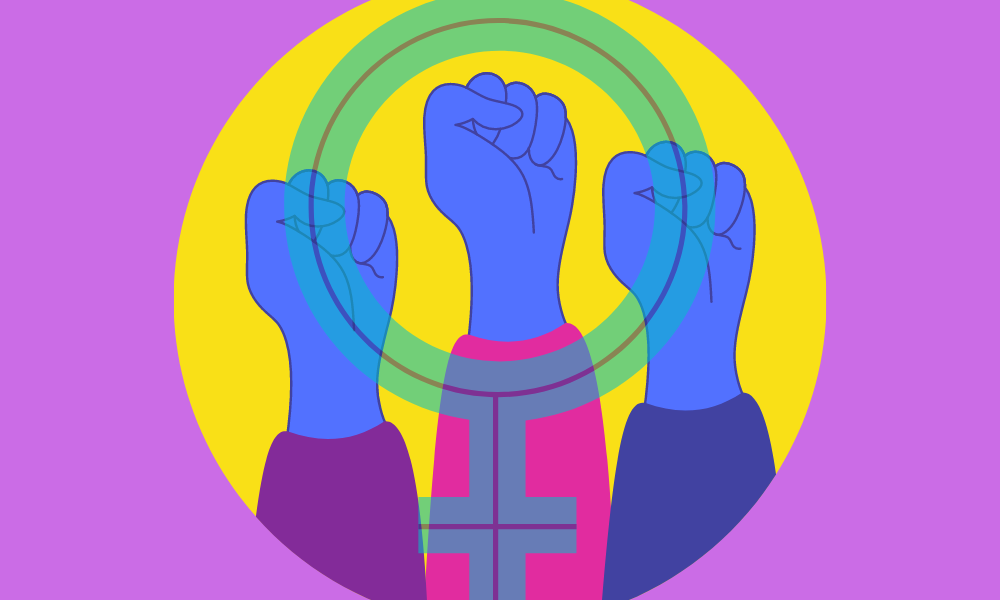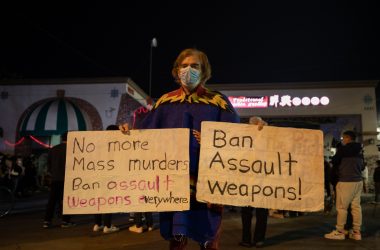In the fourth grade for Women’s History Month, I had to choose from a list of women to dress up as and pretend to be for one day. I remember looking down at the list, reading name after name.
All had the same common theme. They were mostly white women.
Betsy Ross. Amelia Earhart. Susan B. Anthony.
I wondered where my representation was and anybody who looked like me who did something significant.
I remember expressing my concern that there were many white women, and I was uncomfortable that there wasn’t enough representation of women of color.
My teacher told me that I was wrong and that other women of color were pointing at the only name on the list that wasn’t a white woman: Rosa Parks.
There were three Black girls in my class, and I remember they all were Rosa Parks.
As a Latina growing up, I had no exposure to other influential Latinx women in my education. At the same time, my Black female friends were pigeon-holed to have Rosa Parks as their representation.
That’s wrong, and it speaks of a deeper-rooted issue at hand. Having only one month to cover the contributions that extraordinary women have made to our society is not enough. Not including in our classrooms the extraordinary accomplishments of BIPOC women have done for our society is damaging to the self-esteem of young girls.
Unfortunately, my fourth grade experience wasn’t the last one I had, and it’s the reason I am outspoken about the representation of all women across our education system.
I had to take a Chicano studies class in college to learn about Dolores Huerta, and even then, she was covered so little because she was overshadowed by her male counterparts that I had to do my own research to find out more about her.
I don’t want the next generation of BIPOC girls to go through what I and others went through.
Representation matters. Learning about BIPOC women during this month at an early age is vital to fostering young girls’ confidence.
I do believe things are changing, but for that same reason, we need to continue to push harder until the names and stories of BIPOC women are widely known.
It’s time to shed light on incredible women of color who have shaped our country and those who are continuing to break down barriers.
We are always looking for diverse stories, perspectives and contributors. If you would like to contribute to our special issues, email Peter at [email protected] and Giselle at [email protected].




